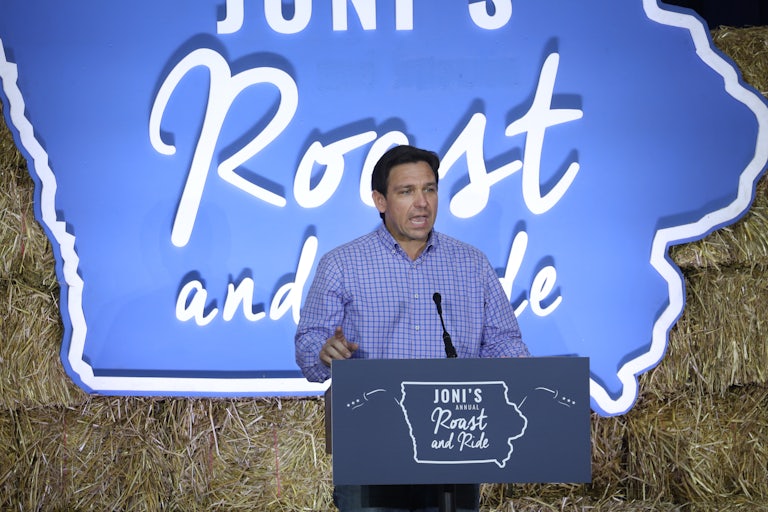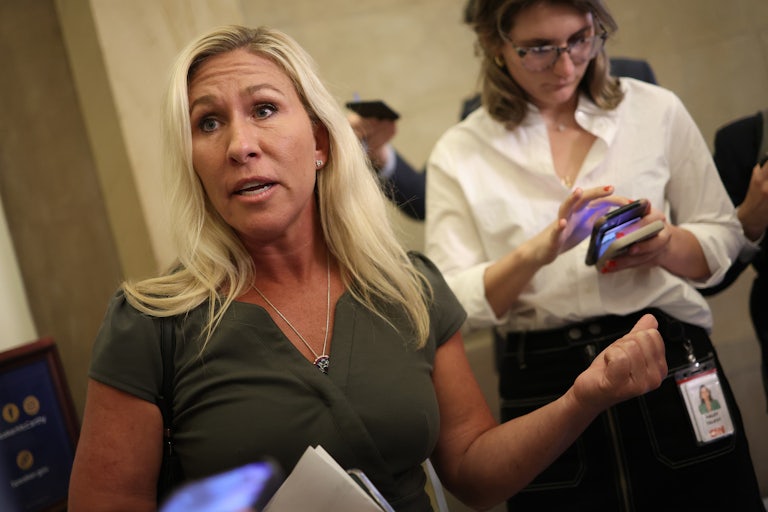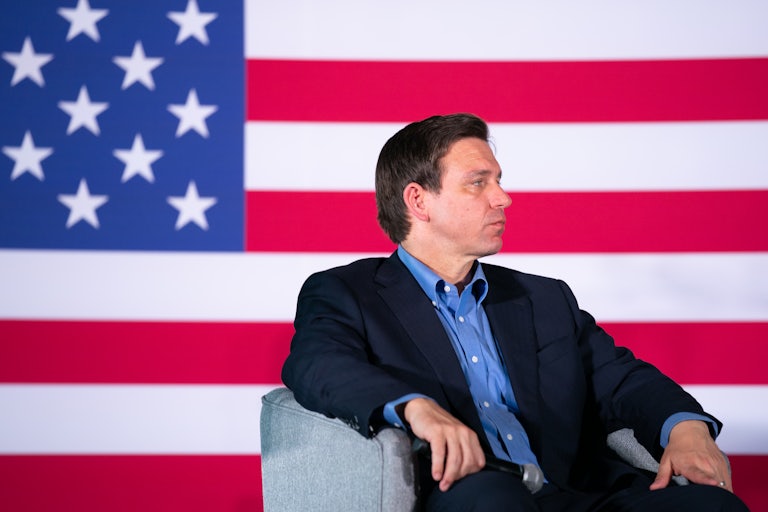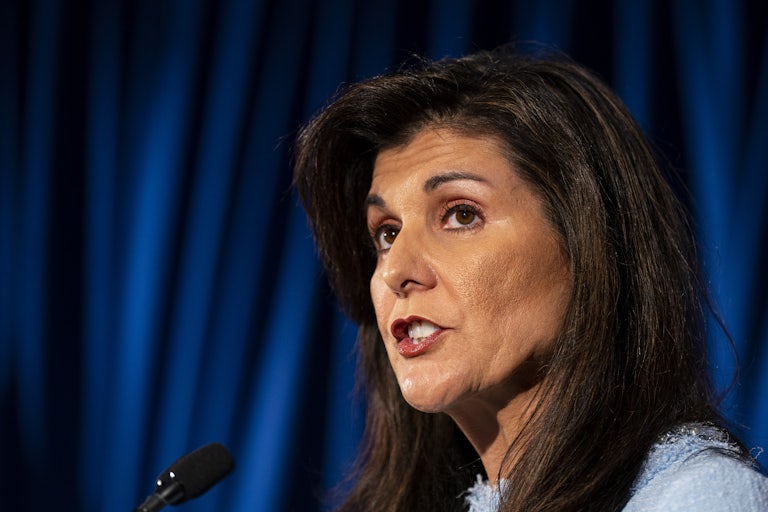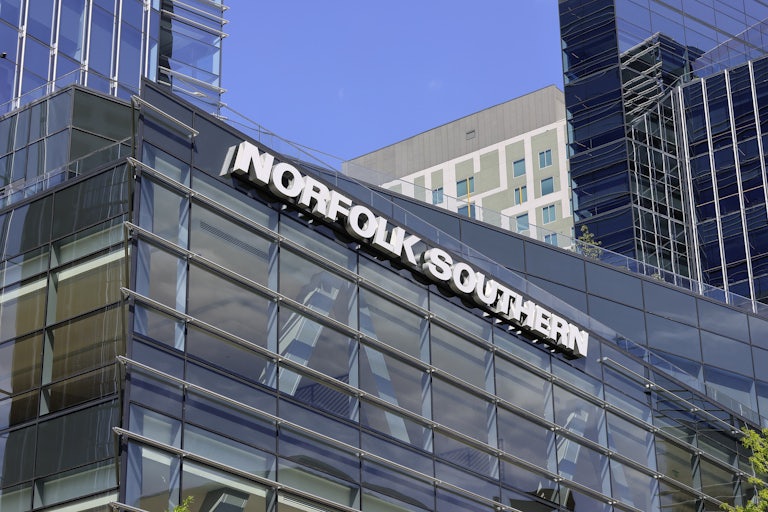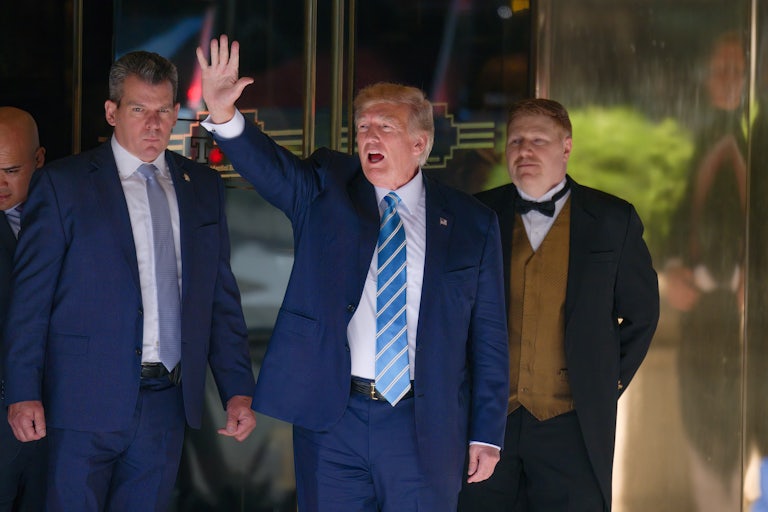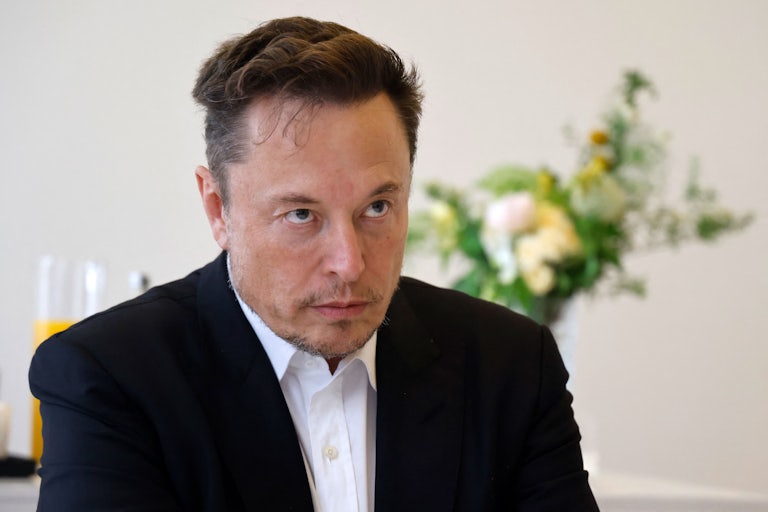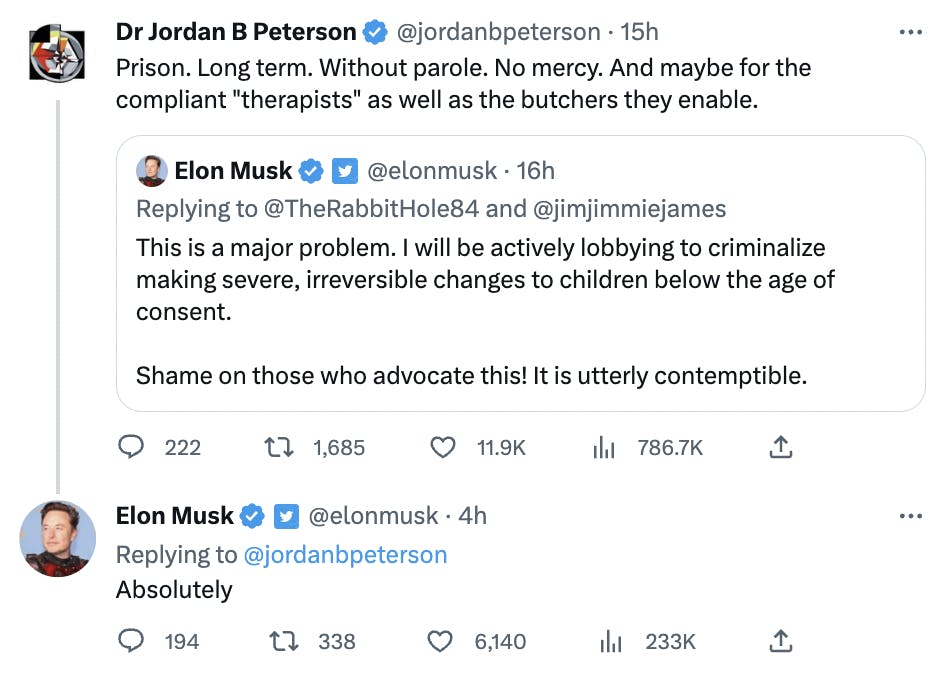Cornel West Announces Presidential Bid … as a People’s Party Candidate
Why did Cornel West, one of the eminent thinkers of our time, choose to run with this party?
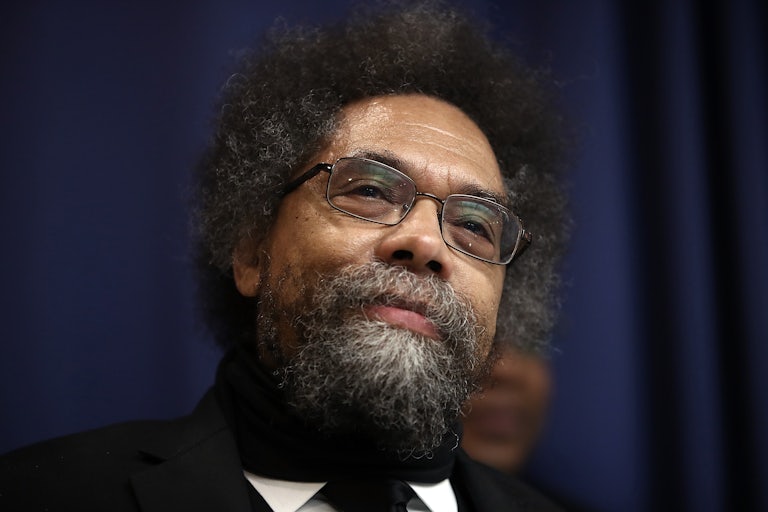
Cornel West is among the eminent thinkers and voices of our time. Speaking truth to power while synthesizing a politics driven by love and solidarity and care for those you share society with are hallmarks of West’s legacy. And that’s why it is puzzling that he has announced his campaign for president under the banner of the not so aptly named People’s Party.
“In these bleak times, I have decided to run for truth and justice, which takes the form of running for president of the United States as a candidate for the People’s Party,” West announced in a video on Monday. “I enter in the quest for truth, I enter in the quest for justice. And the presidency is just one vehicle to pursue that truth and justice, what I’ve been trying to do all of my life.”
I am running for truth and justice as a presidential candidate for the People’s Party to reintroduce America to the best of itself - fighting to end poverty, mass incarceration, ending wars and ecological collapse, guaranteeing housing, health care, education and living wages for… pic.twitter.com/u3NYGUbG1S
— Cornel West (@CornelWest) June 5, 2023
“I come from a tradition where I care about you. I care about the quality of your life, I care about whether you have access to a job with a living wage, decent housing, women having control over their bodies, health care for all, the escalating of the destruction of the planet, the destruction of American democracy. Democracy creates disruption. It creates an eruption. It creates an interruption wide from below, the energies of everyday people is manifest,” West said in trademark fashion.
West, born in Oklahoma before the civil rights era, has been an outspoken voice who has bridged the schools of socialist tradition to Christianity and spiritualism more broadly. He carries a history of fierce advocacy for racial and economic equality, and a strong rejection of blaming material or social misery on the marginalized, as opposed to the elites and structural forces actually responsible.
And he is now running on a party ticket that purports to embrace similar ideals but has had trouble on the execution side of things. While the party began in 2017 with noble roots to form a new political party independent from corporate money and influence, it has been mired in troubling allegations, as well as broader organizational dysfunction.
Numerous sources have corroborated sexual harassment allegations against party founder Nick Brana. Last year, former party member Paula Jean Swearengin told journalists Eoin Higgins and Jordan Chariton that she had witnessed Brana try to force himself onto former party executive director Zana Day, who confirmed the allegations herself. Numerous party board members were apparently forced out for encouraging investigations into the allegations and questioning whether Brana was still fit to lead the party.
“We were removed [from the board] because we were concerned about Nick remaining in his position,” one former board member, Regina Clarke, said. “As the investigation went on, it was clear there was sexual harassment going on; for other alleged acts, there was debate on whether it was harassment or extended further.”
After the allegations were made public, the party’s social media accounts attacked and smeared those questioning the party leadership’s actions.
Other former party volunteers and members have accused the party leadership of lacking democratic organizational processes, having opaque finances, and being generally disrespectful, manifesting sometimes in ableism and racism.
As of now, the People’s Party has ballot access in barely a handful of states. The party’s central website has little direction for those interested in joining the party’s effort to gain ballot access elsewhere, nor to organize and elect candidates on a local level. The policy platform includes six admirable goals, but with little more than a few sentences related to each plank.
West’s decision to run with the party calls into question his instincts, and perhaps even his intentions. It’s not as if he had to run with this party. The Green Party was an option, at least in terms of ballot access. He also could have run as a Democrat, to give Democratic voters another real option to choose or to put more pressure on Biden to engage with West’s arguments. So too could he have used the party as a vessel to expose even more traditional Democratic voters to his legacy and vision for better politics.
Instead, West is lending credence to an organization that has not earned it, while hamstringing his own electoral potential. In carrying his presidential candidacy through the auspices of the People’s Party, West will have to mobilize a movement and build a political apparatus in the arms of a party that has seldom exhibited a sustained ability to do either.
